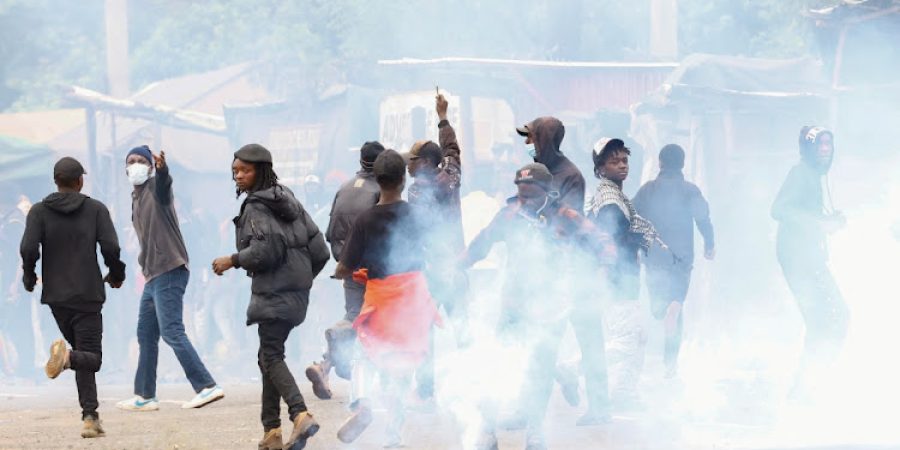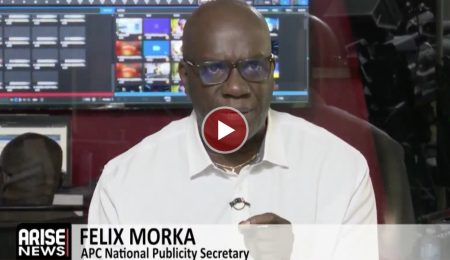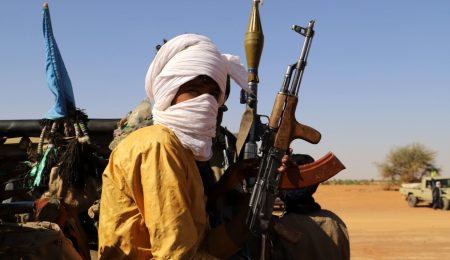At least two people have been confirmed dead from gunshot wounds after police opened fire during nationwide protests in Kenya on Monday, which marked the 35th anniversary of the historic Saba Saba movement.
Dr. Aron Sikuku, a medic at Eagle Nursing Home in Kangemi on the outskirts of Nairobi, told the BBC that two bodies had been brought in with gunshot wounds. “They died from their injuries,”he said, adding that angry protesters had gathered outside the facility demanding to take the bodies away.
The authorities have yet to officially confirm the deaths.
The protests, led primarily by young Kenyans dubbed the “Gen Z” generation, erupted in cities and towns across the country. Demonstrators are demanding good governance, greater accountability, and justice for victims of police brutality continuing a wave of anti-government protests that began last year.
Monday’s demonstrations coincided with the anniversary of the Saba Saba (seven-seven) uprising on 7 July 1990, which sparked Kenya’s transition to multiparty democracy. But like its predecessor, this year’s commemoration was marked by violence.
Security forces blocked major roads leading to central Nairobi, including access to State House and Parliament, with barricades and razor wire.
Long-distance commuters were stranded at police checkpoints up to 10 kilometres from the city centre. Some schools advised students to remain at home.
Clashes erupted in several areas, with demonstrators lighting fires and attempting to breach police lines. Officers responded with tear gas and water cannons. Tear gas was fired on Thika Road and in Kitengela, while protesters lit fires in Kamukunji the symbolic ground zero of the original Saba Saba protests.
According to Kenya’s Nation newspaper, protests have spread to 17 of the country’s 47 counties. In Meru County, a shopping complex in Makutano was set ablaze.
A planned appearance by opposition figure and former Prime Minister Raila Odinga was cancelled due to roadblocks. Still, Odinga condemned what he called “a rogue police force that shoots people with impunity, a force inherited from the colonialists,” and called for national dialogue on reforming policing.
Despite supporting the current administration last year, Odinga himself was arrested following the 1990 Saba Saba protests.
Public transportation remained paralyzed by mid-morning. In Kabete, about 13km from downtown Nairobi, long-distance buses sat idle.
“We started travelling at 8:30pm last night, We want the government to engage in dialogue with Gen Zs so all this can come to an end,” said driver Humphrey Gumbishi.
In a statement on Sunday, police said they were fulfilling their constitutional duty to maintain order and protect lives and property. But civil society groups continue to accuse authorities of heavy-handedness and collusion with armed gangs claims police have denied.
On Sunday, an armed group attacked the Kenya Human Rights Commission (KHRC) office in Nairobi. The NGO had been hosting a press conference led by women activists ahead of the protests. KHRC spokesman Ernest Cornel said at least 25 men on motorbikes stormed the building, chanting, “There will be no protest today.”
“They were carrying stones, they were carrying clubs… they stole laptops, they stole a phone and they also took some valuables from journalists who were there,” he said.
The latest unrest comes just two weeks after 19 people were killed during anti-tax protests on June 25. Demonstrations have since intensified, with mounting allegations of looting and infiltration by criminal gangs.
For many Kenyans, the events of Monday underscore the continued relevance of the Saba Saba struggle. While the 1990 protests ushered in multi-party democracy, the current wave of dissent suggests that the fight for accountability and civic freedom is far from over.
Erizia Rubyjeana
Follow us on:



